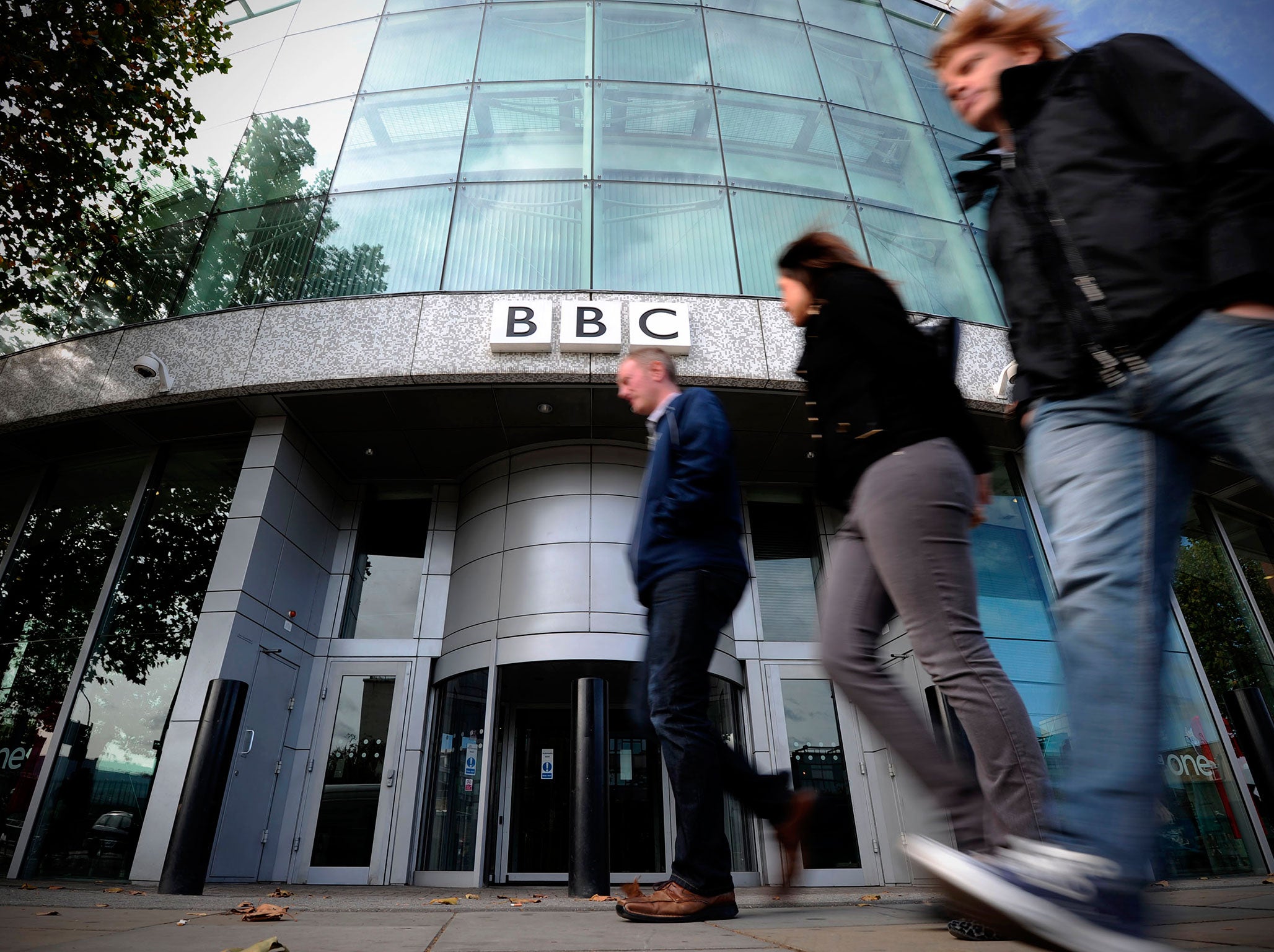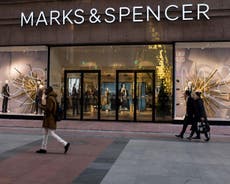2016 will transform the BBC’s relationship with its audiences
Technology will allow our journalism to become more personal, portable and on-demand

I’m on my way back from visiting BBC Radio Cumbria – a local radio station that has been working flat out telling the story of the floods. It has been – and continues to be – an incredibly difficult time for many people living in the area. And local radio has helped to give voice to this community and what they face. It’s a reminder of what the BBC can do at its best.
And we’ve started the year in style – with Sherlock and War and Peace. But this festive season was also the moment when the catch-up, on-demand revolution really kicked in – Christmas Day viewing grew by nearly a quarter when you take in the figures for catch-up. It proves, once again, the importance of our commitment to finding new ways of reaching audiences if we are to meet, and exceed, their expectations.
How we respond will define the BBC’s success. This year is a critical year. It is one in which we move from arguing the case for the BBC’s future to making it a reality. And while the building blocks of reform are in place, we need now to cement the reforms. To push even harder to create a BBC that is more open, more creative than ever.
We are doing this in four ways. First, we’ll reinvent our services for the digital age. Technology will allow our journalism to become more personal, portable and on-demand. At home we’ll see services that are better tailored to the needs of people all around the country. And abroad we’ll see a major investment in our most important cultural export, the World Service.
Then the BBC will open up a whole new relationship with audiences and partners. In spring, we’ll celebrate Shakespeare across the BBC. It’s a great example of how with partners we can do things that none of us could do on our own – working with the UK’s leading arts institutions to stage a season of incredible reach, scale and impact.
In summer, millions will come to the BBC for the Olympics, and they’ll find an experience to top 2012. Streaming will be faster and smoother – whatever device you’re on. For the first time, you’ll be able to go straight to the sports and personalities you’re most passionate about – and get texts, medal alerts and reminders of all the big events. Audiences will be more in control than ever, tailoring services to suit them. And we’ll be introducing a new way of signing in to iPlayer – it looks fantastic. It will act as the gateway to a new, personal BBC, marking the start of a radical change in our audiences’ relationship with us.
Third, we’ll give creative talent the room to grow. The plan to transform our in-house production into BBC Studios will bring more competition and creativity than ever before. It demonstrates our commitment to finding the best ideas wherever they come from for licence-fee payers, while also allowing the BBC to make programmes for others.
The public are rightly not interested in structures; they just want great programmes.
This reform will deliver that like never before. And we’ll make the BBC simpler and more efficient. It faces tough choices as we look for the savings we know we need to live within our means. It is why I am cutting management and bureaucracy. Structures should enable creativity, not stifle it.
And, by the end of the year, the BBC should have a new Charter in place. Whatever the debates about its future throw up, the BBC will always hold the affection of the public if it continues to make great programmes. And we have a fine pedigree. Last year, our drama won 15 Emmy nominations and we claimed more Baftas than any other broadcaster. This weekend, Wolf Hall and Luther will vie for Golden Globe Awards. And of course, how we are funded enables us to take more creative risks than our commercial competitors. Who else would have put on a 20-part adaptation of Dickens across Christmas? Risk taking is at our core because of how we are funded. We think first about audiences and creativity, not commercial viability.
The BBC has never been more important for Britain. This is a critical year for the corporation. Tough decisions, fundamental reform – but with that, great opportunities to give back even more to the country with our vision of an open BBC for the internet age.



Join our commenting forum
Join thought-provoking conversations, follow other Independent readers and see their replies